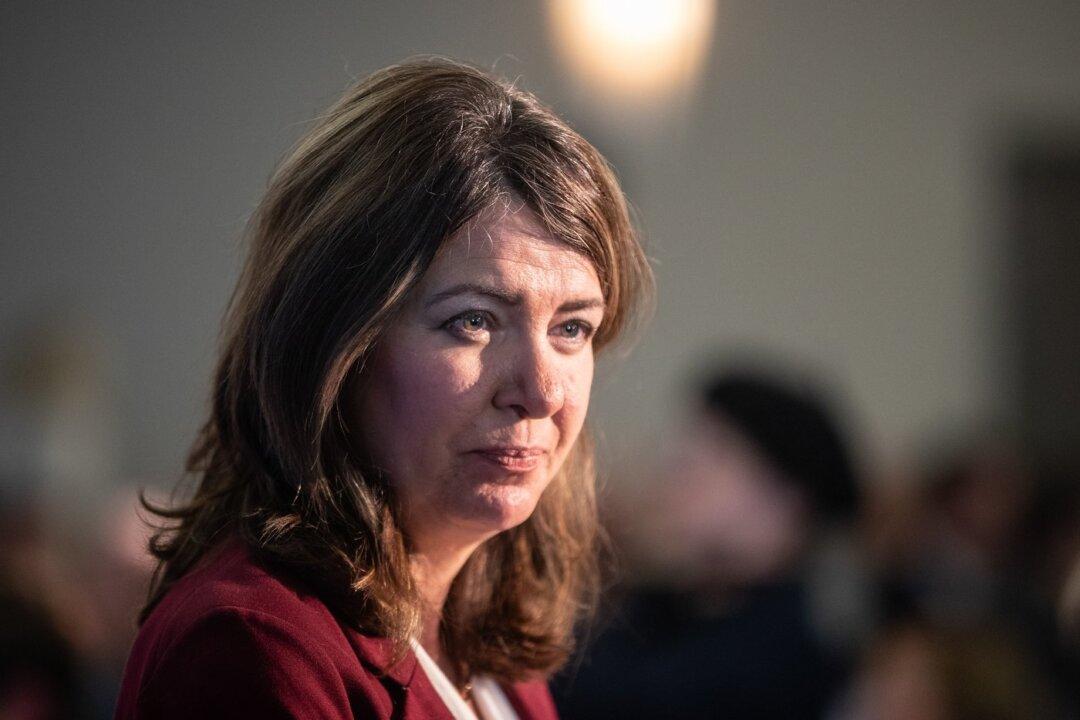Alberta Premier Danielle Smith is calling for Prime Minister Justin Trudeau to “replace” Steven Guilbeault, calling the environment minister a “menace.”
“The attitude that Minister Guilbeault has taken toward our province is absolutely unacceptable,” Ms. Smith said during a Dec. 7 press conference after Ottawa’s announcement of a regulatory framework to cap oil and gas emissions.





